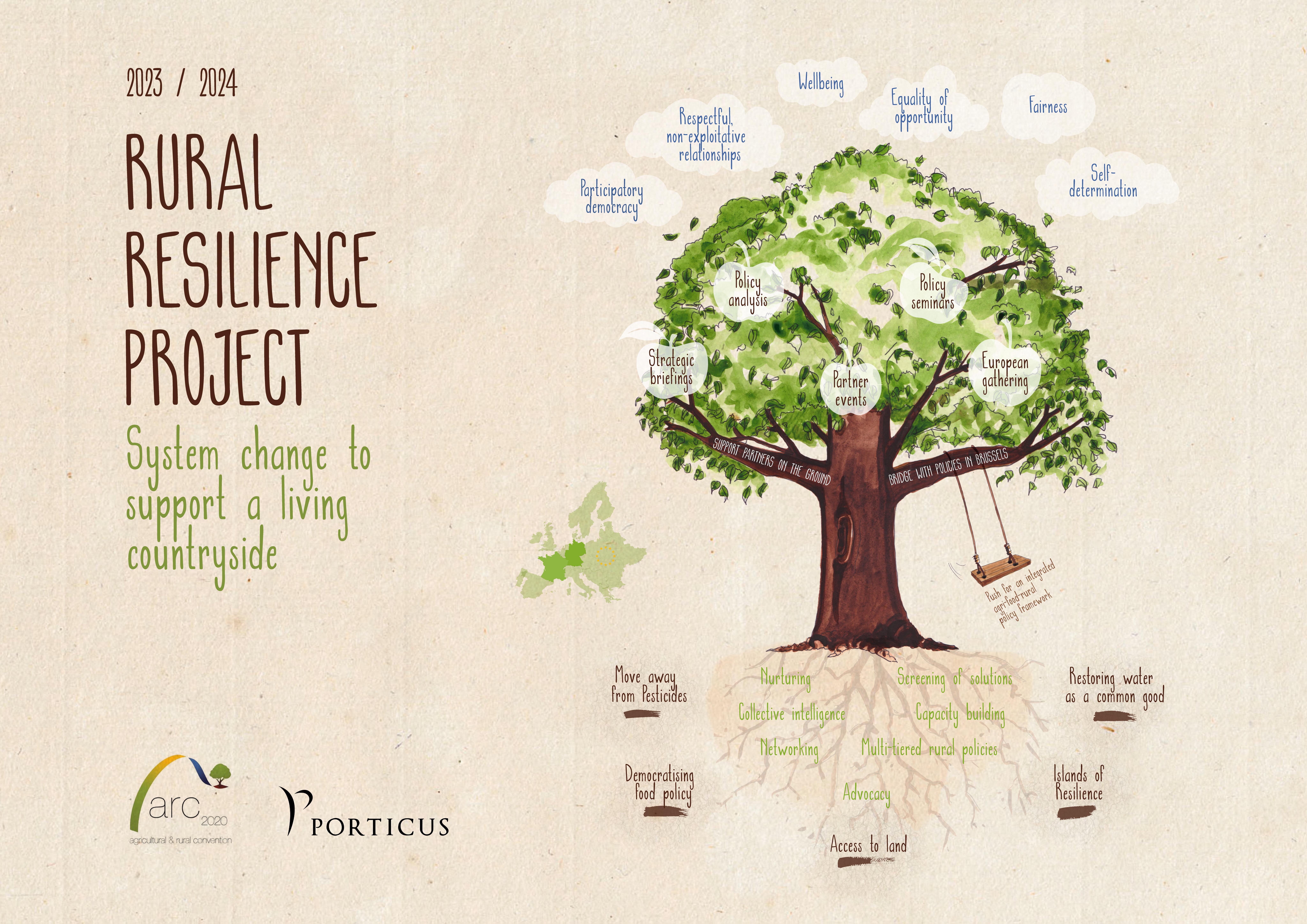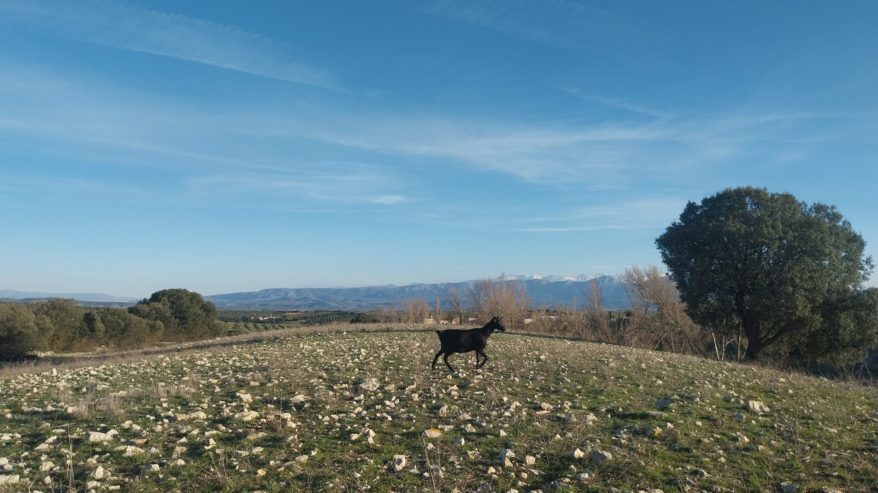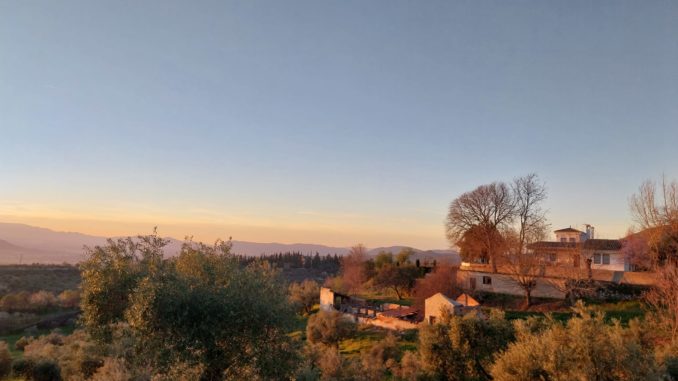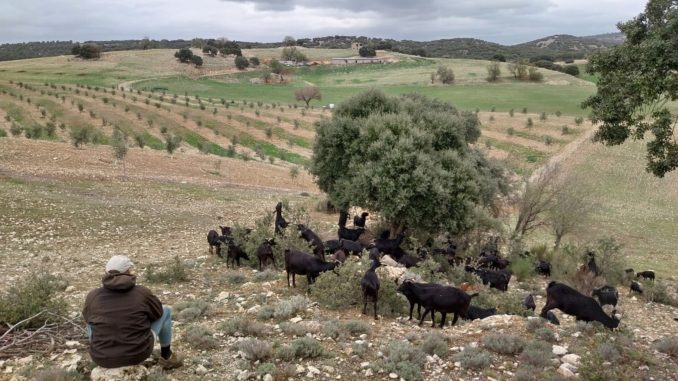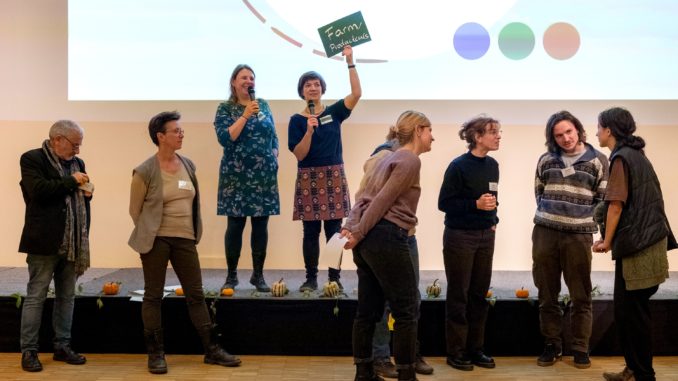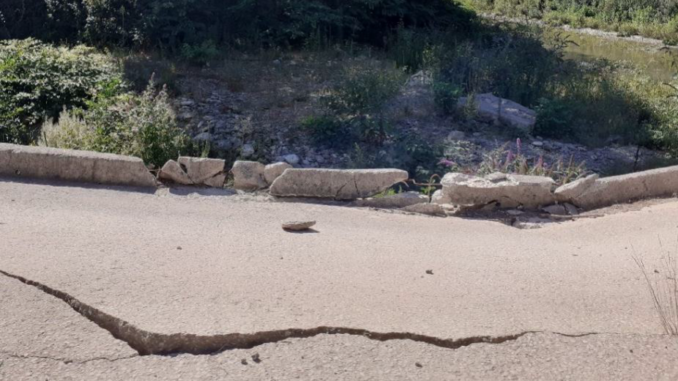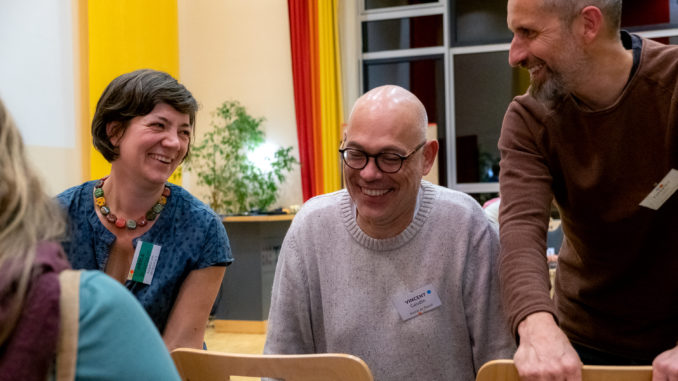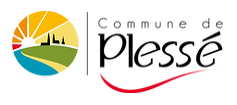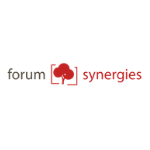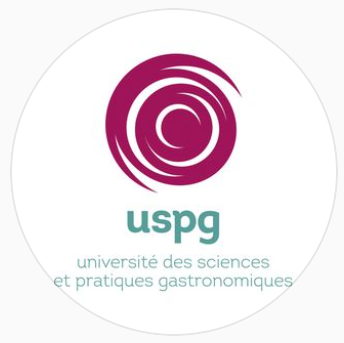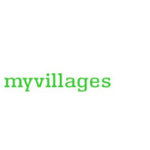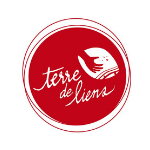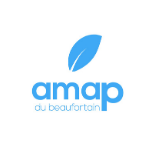ABOUT THE PROJECT
Rural resilience starts on the ground, with people. People who are finding new ways to live and grow in harmony with their community and with nature. By amplifying the voices behind what’s working on the ground, and co-constructing policy proposals, we want to spotlight how rural communities can not just survive, but thrive.
Consulter la page française
2020-2022: On the ground in France
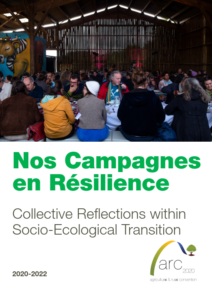
From 2020-2022, with the “Nos Campagnes en Résilience” project coordinated by ARC2020, we connected with people all over France who are engaged in experiments in socio-ecological transition.
The seeds of resilience are often sown on farms that are exploring new forms of cooperation with their local communities. We support these experiments by creating a space for farmers to connect with their European colleagues, and to tell their stories. We enable rural communities across Europe to learn about the French art de vivre, and the richness and diversity of rural life.
2023-2024: Connecting the ground to Europe
Now renamed the “Rural Resilience” project, in this second phase the project zooms out from France to take in the wider Europe. We are seeking to collaborate with actors in more of Europe’s territories, and especially Germany. In terms of multi-tiered rural policies, we hope to empower these actors to grasp the major reforms of EU rural development policy, whose outcomes and details at regional level are still uncertain and need critical scrutiny. Together, we will work to bring forward reality-based proposals, rooted in actions that are already underway on the ground.
Analysis of our exchanges on the ground in phase 1 of the project has crystallised into five themes to be developed in phase 2:
- Rural well-being and the move away from pesticides
- Democratising local food policies
- Access to land
- Islands of resilience – natural parks
- Water as a common good – assessing an agroecological response to drought
The Rural Resilience project is open to everyone. It’s a collective adventure. All are welcome to come on board and help us to build it together.
To keep up with project news, follow us on Twitter, Facebook, Instagram and LinkedIn.

